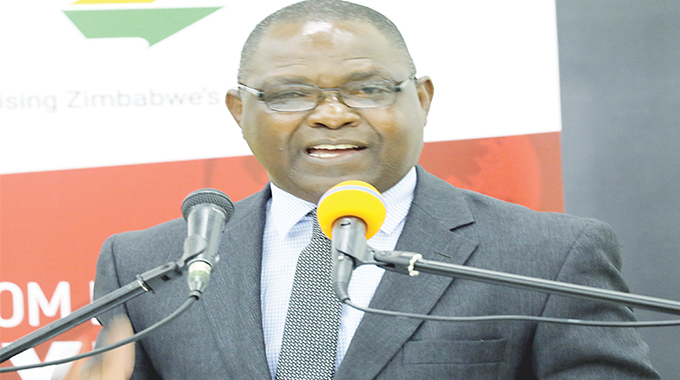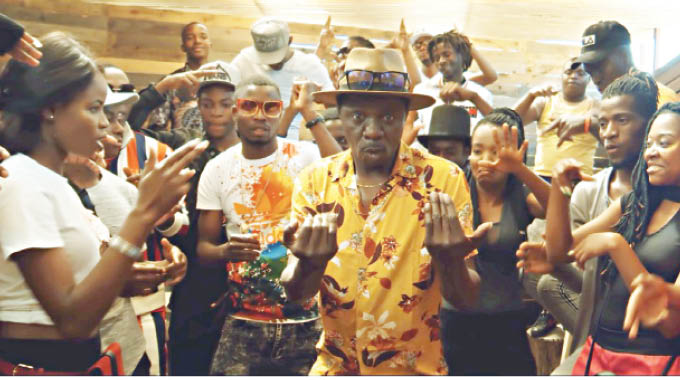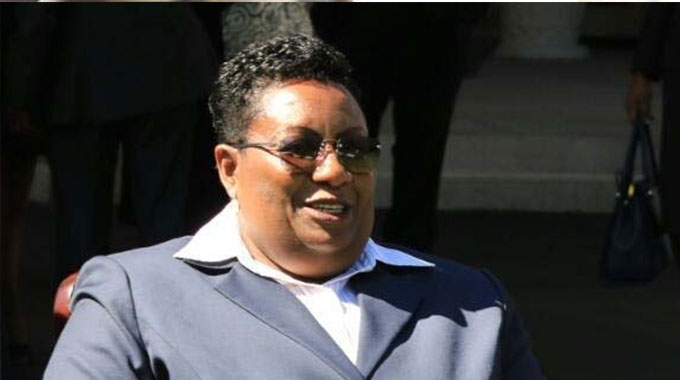Industry welcomes power tariff review for Zesa efficiency

Oliver Kazunga, Senior Business Reporter
THE Confederation of Zimbabwe Industries (CZI) says it welcomes any power tariff adjustment that improves supply and is affordable to industry so that productivity in the manufacturing sector is enhanced.
CZI national vice president, Mr Walter Chigwada, said this in an interview following an announcement of an intention by Zesa through its subsidiary, the Zimbabwe Electricity Transmission and Distribution Company (ZETDC), to increase electricity tariffs from 38,61 cents per kilowatt hour.
“As long as the power tariff is within reason, something that is affordable and improve electricity supply, it’s welcome. Already industry has got a lot of stress from the challenges prevailing and the issue of power is one of the key enablers for us to be able to move forward,” said Mr Chigwada.
“We need to have affordable power. We need to move away from those days where power was just too cheap for anyone to be able to be supplied.”
ZETDC said the existing power tariff of 38,61c/kWh has been eroded due to the movement of macro-economic fundamentals and thus viability and service delivery has been severely compromised.
It further said local electricity production has been negatively impacted by low water levels in Lake Kariba. The power company said this has restricted electricity production to an average capacity of 190 megawatts at Kariba, which is Zimbabwe’s major power station with an installed capacity of 1 050MW.
As of yesterday, the Zimbabwe Power Company, another subsidiary of Zesa, indicated on its website that the country was generating a total of only 700MW from all its power stations with Kariba contributing 202MW.
Mr Chigwada said in light of the prevailing power challenges facing the economy, it was critical for the country to move with speed in addressing the issue adding that electricity imports were key going forward.
“Where it’s affordable and also something that can give Zesa the capacity to power the industry, I think any tariff adjustments are welcome.
“We need solutions now to the challenges that we are facing among them, the runaway inflation and shortage of foreign currency. We can’t then also have power shortage where we can be able to then address it,” he said.
“The challenge for Zesa has been foreign currency availability. What I am not very sure of is whether the power tariff goes up, will it make foreign currency available for them to be able to import power.”
ZETDC has said the electricity tariff applied for would enable it to raise the required working capital for the improvement of among other things, local electricity generation, procurement of critical spares for maintenance as well as electricity imports to reduce load shedding.
Contacted for comment, Zimbabwe Energy Regulatory Authority acting chief executive officer, Mr Edington Mazambani said: “You were too early because when they (ZETDC) put that advert, it kick-starts the whole process of reviewing and consulting on the tariffs.
“We are currently doing that, so the number can only be shared after the full consultation process has been done.”
Permanent Secretary in the Ministry of Energy and Power Development Dr Gloria Magombo recently said Zimbabwe requires an additional 9 000MW to support economic activities that will drive the country towards achieving an upper middle-income economy by 2030.
Presently, the country’s demand for power hovers around 2 000MW. However, due to ageing equipment, existing power plants are generating far below the national requirement and this has prompted Government to embark on extension works at its major power stations. — @okazunga.












Comments